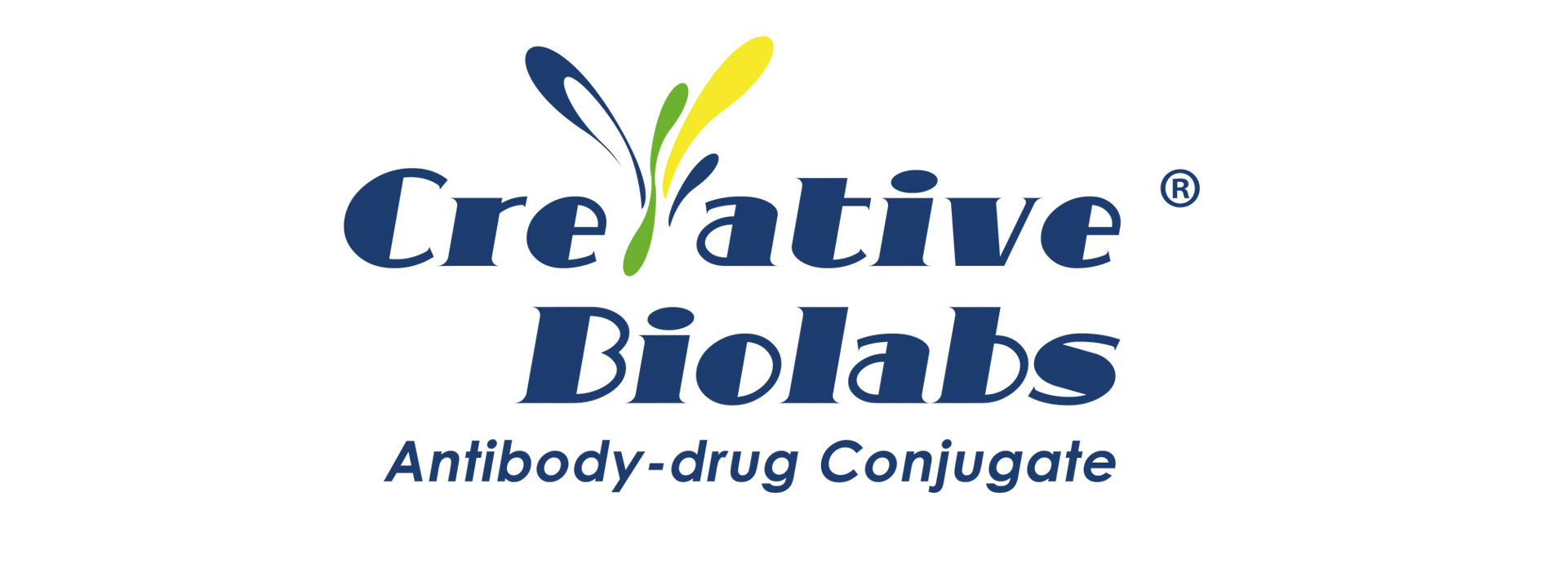The highly anticipated 115th American Association for Cancer Research (AACR 2024) Annual Meeting opened in San Diego, USA. As the focus of the cancer research community, scientists, clinicians, and cancer researchers from all over the world share here the latest advances in cancer research and treatment.
Rebecca Porter, a researcher at Dana-Farber Cancer Institute, reported the latest clinical study data, a combination of a new ADC drug and an immune checkpoint inhibitor, in patients with previously treated refractory endometrium. Demonstrated significant therapeutic activity in cancer patients. In the study, six of the 16 treated patients saw their tumors shrink, including one case where the cancer disappeared. This result highlights the potential benefits of combining ADC drugs with immunotherapy.
The study tested the ADC drugs Elahere (mirvetuximab soravtansine) and pembrolizumab (an anti-PD-1 monoclonal antibody) in patients with FRα-positive recurrent microsatellite-stable (MSS)/mismatch repair-proficient (pMMR) serous endometrial cancer. The clinical trial met its primary endpoint, and the results support further research into this group of therapies.
Serous endometrial cancer is an aggressive subtype of endometrial cancer with a poor prognosis, accounting for approximately 5% of endometrial cancer cases but 40% of deaths from the disease. About 30% of patients with serous endometrial cancer have tumors that express folate receptor α. The ADC drug targets folate receptor α by combining the FRα-targeting monoclonal antibody—Mirvetuximab with the chemotherapy drug microtubule inhibitor DM4, thereby targeting and killing FRα-expressing cancer cells.
View our pre-developed ADC products with DM4:
| Catalog | Product Name | ADC Target | ADC Linker |
| ADC-W-1965 | Anti-Rabies Virus Glycoprotein (Foravirumab)-SPDB-DM4 ADC | Rabies Virus Glycoprotein | SPDB (N-succinimidyl-4-(2-pyridyldithio)butyrate) |
| ADC-W-2067
|
Anti-IAV HA (Diridavumab(CR6261))-SPDB-DM4 ADC | IAV HA | SPDB (N-succinimidyl-4-(2-pyridyldithio)butyrate) |
| ADC-W-2115
|
Anti-Adenocarcinoma antigen (Technetium (99 mTc) pintumomab)-SPDB-DM4 ADC | Adenocarcinoma antigen | SPDB (N-succinimidyl-4-(2-pyridyldithio)butyrate) |
| ADC-W-2265
|
Anti-NGcGM3 (Racotumomab)-SPDB-DM4 ADC | NGcGM3 | SPDB (N-succinimidyl-4-(2-pyridyldithio)butyrate) |
| ADC-W-2301 | Anti-CD3E (Ertumaxomab)-SPDB-DM4 ADC | CD3E
|
SPDB (N-succinimidyl-4-(2-pyridyldithio)butyrate)
|
Previous preclinical studies have shown that this ADC drug may have a synergistic effect with immune checkpoint inhibitors. Immune checkpoint inhibitors release the brakes on the immune system, allowing anti-tumor T cells to attack cancer. ADCs can change immune cells in the tumor microenvironment and enhance T cell infiltration into tumors, thereby enhancing the effect of immune checkpoint inhibitors.
The research team designed a two-phase clinical trial as a single-arm study, with all patients receiving the same treatment. The first phase enrolled 16 patients with recurrent or progressive FRα-positive, MSS/pMMR serous endometrial cancer who had received one to four prior therapies. Enrollment in the second phase will be based on at least two objective responses or six-month progression-free survival in two cases in the first phase.
Of the 16 patients initially treated, 6 patients (37.5%) achieved an objective response, including 1 patient who achieved a complete response, another 5 patients who achieved a partial response, and an additional 5 patients who had stable disease. Therefore, the clinical trial met the primary endpoint, with more than 4 patients achieving objective response. In addition, 2 patients had progression-free survival of more than 6 months, one of whom was close to 12 months and the other more than 18 months.
The study also observed that some patients had more rapid disease progression than others, and the research team will conduct additional analyses to determine if there are molecular changes in the characteristics of the tumor or microenvironment that could predict response or resistance to this combination therapy.
